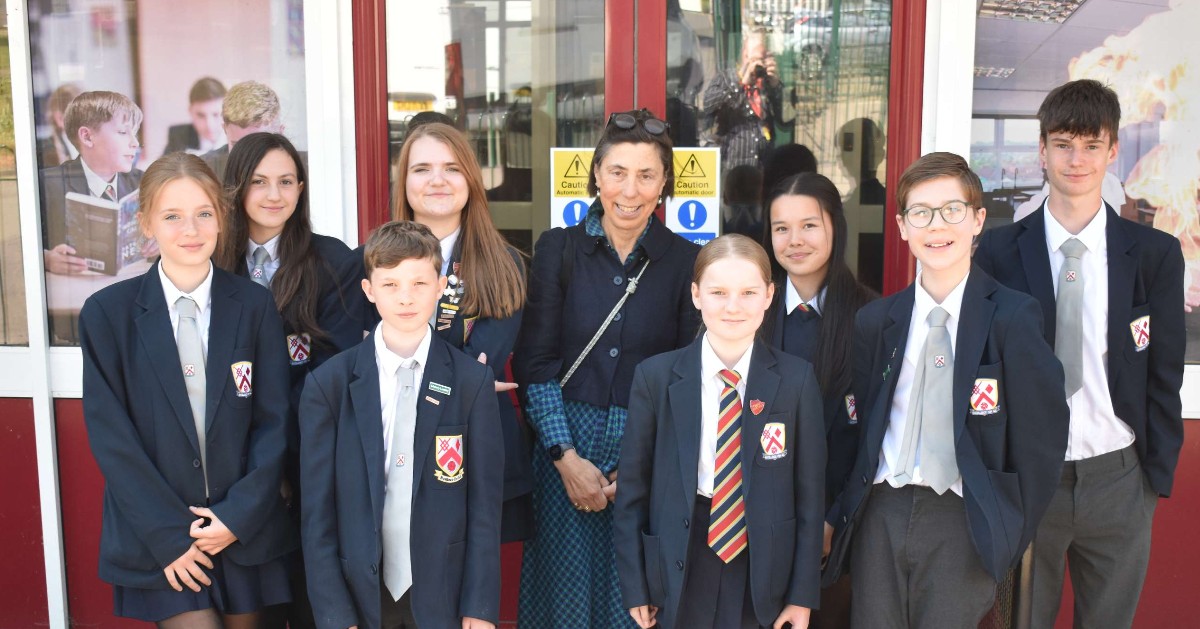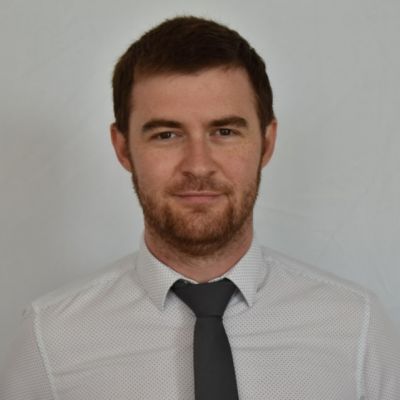During this year, you will study Unit 1. Unit 1 will introduce you to the Central Processing Unit (CPU), computer memory and storage, wired and wireless networks, network topologies, system security and system software. You will become familiar with the impact of Computer Science in a global context through the study of the ethical, legal, cultural and environmental concerns associated with Computer Science.
It started out as a preschool with five students in a church located in the heart of Princeton. Growing rapidly, the school moved into a larger church building on All Saints.
It started out as a preschool with five students in a church located in the heart of Princeton. Growing rapidly, the school moved into a larger church.
It started out as a preschool with five students in a church located in the heart of Princeton. Growing rapidly, the school moved into a larger church.






